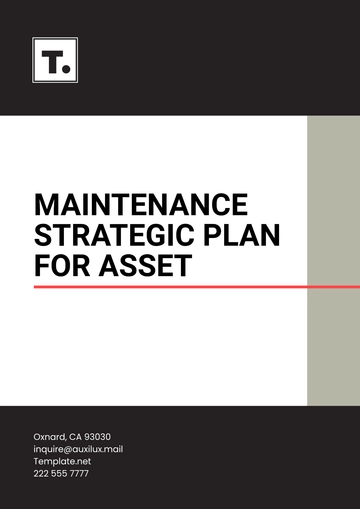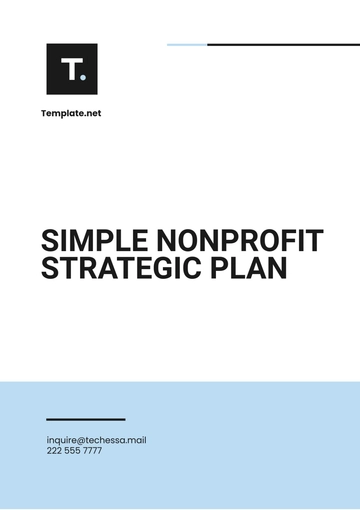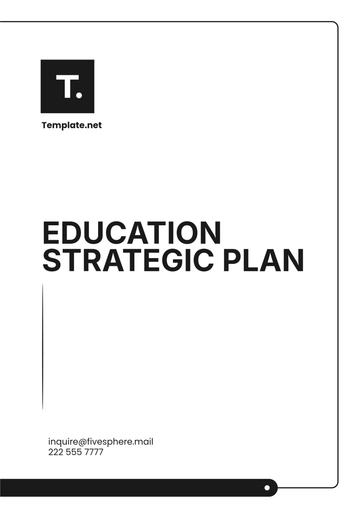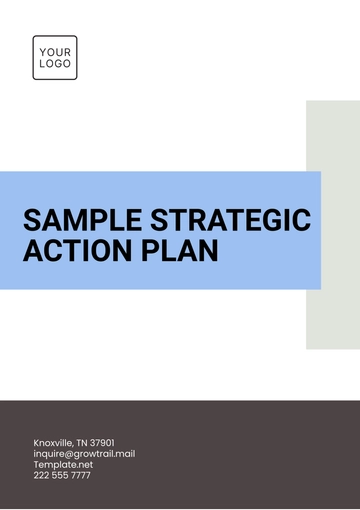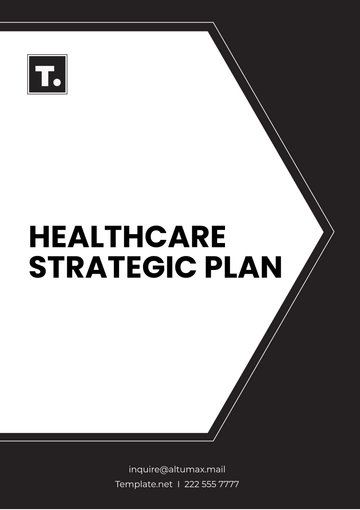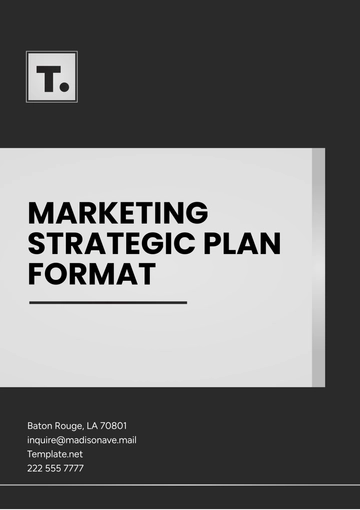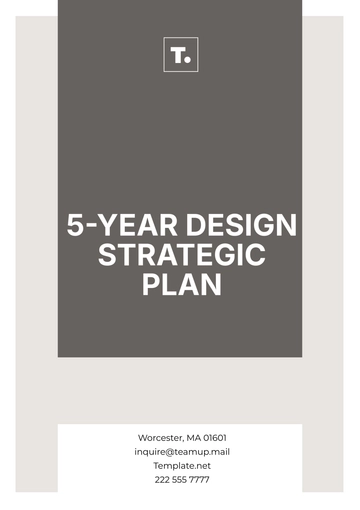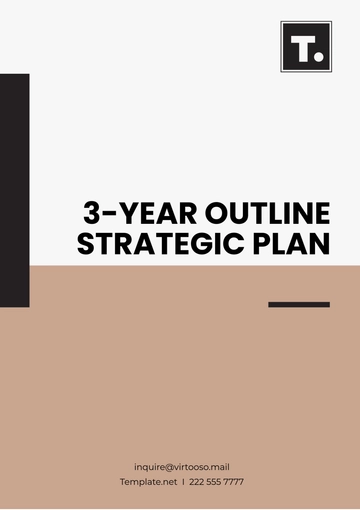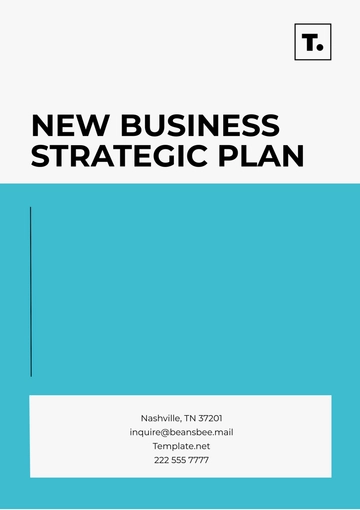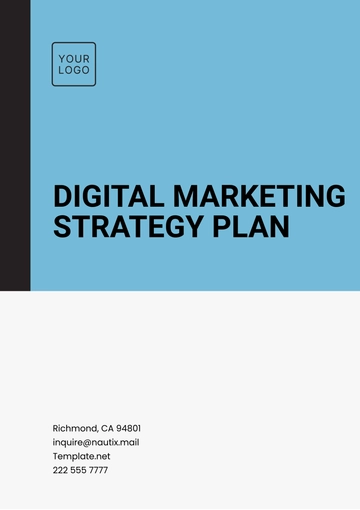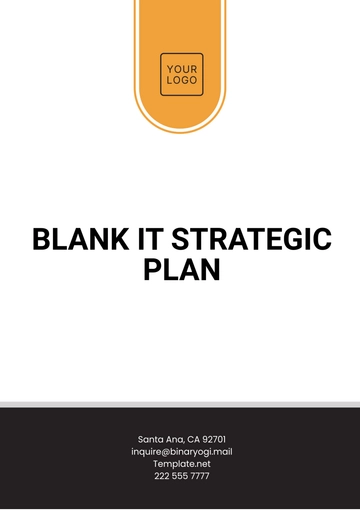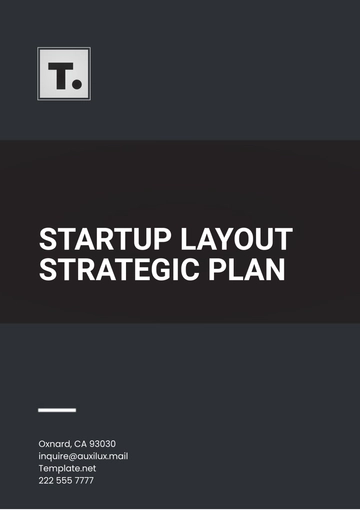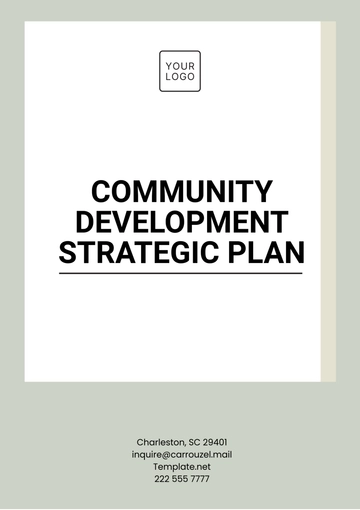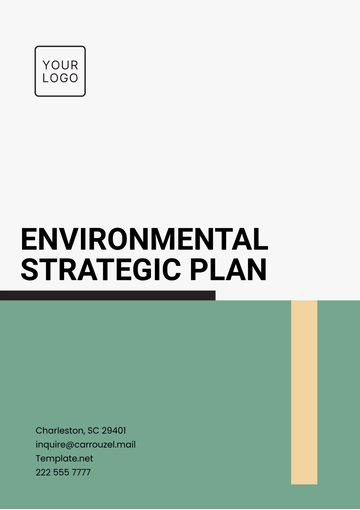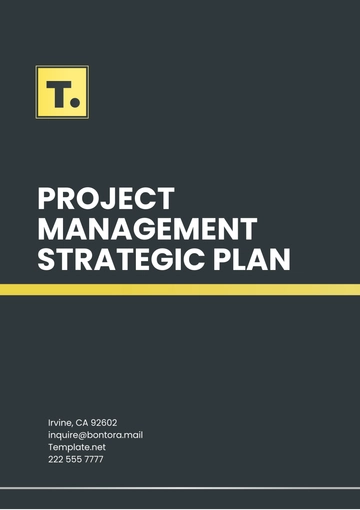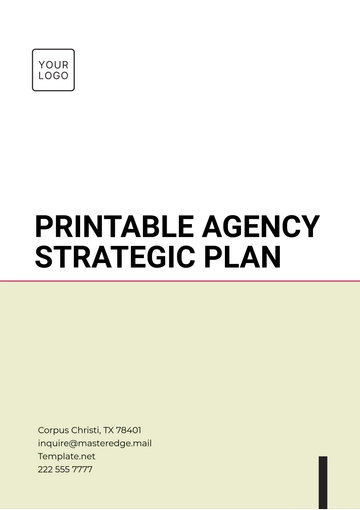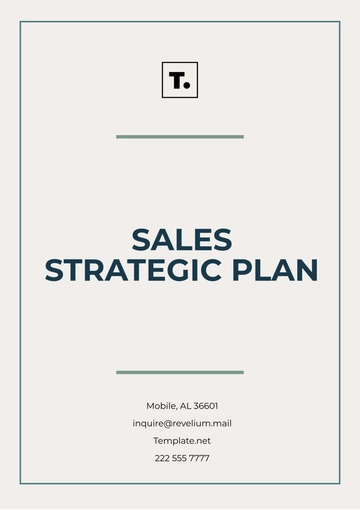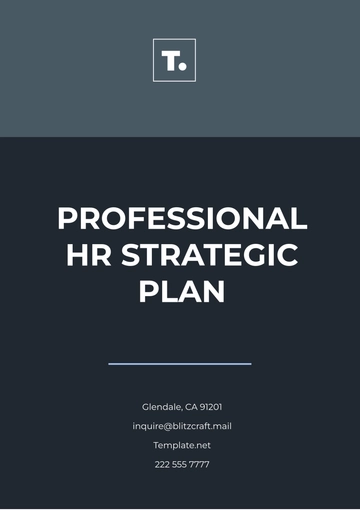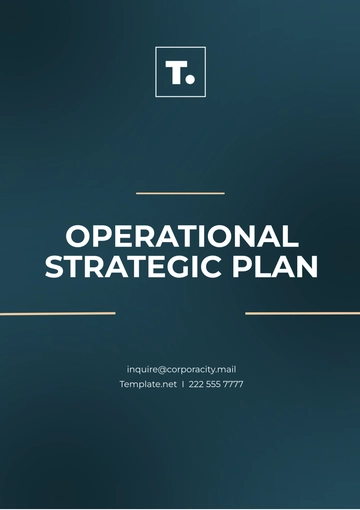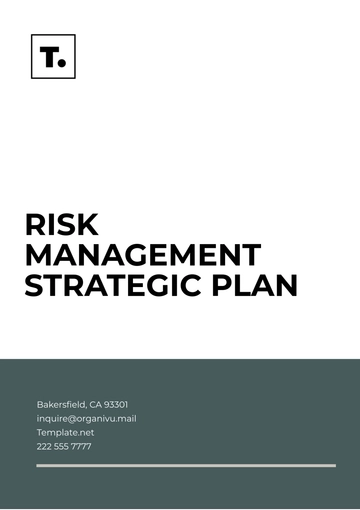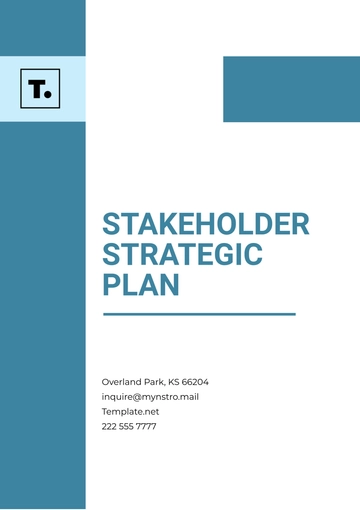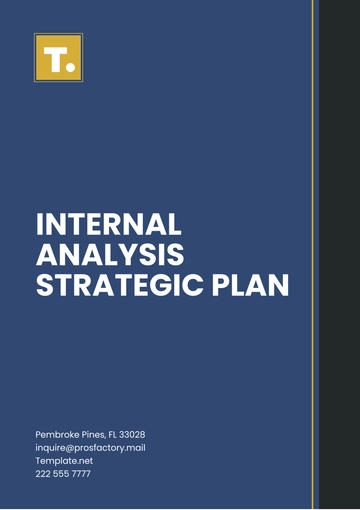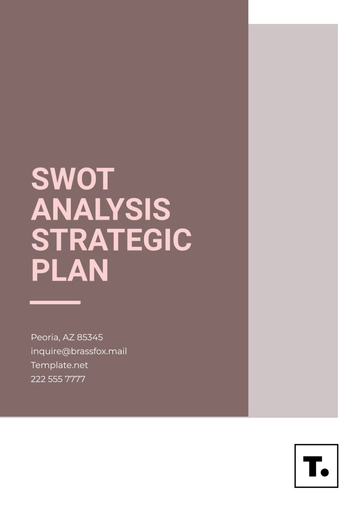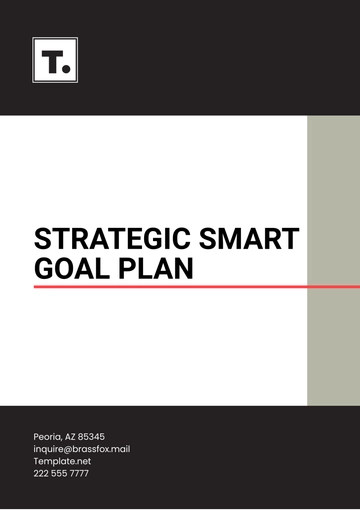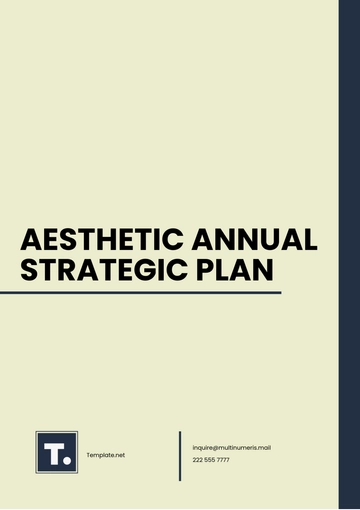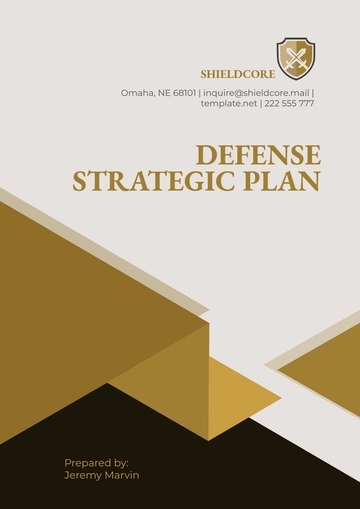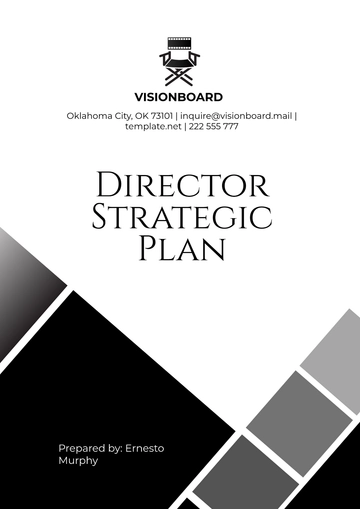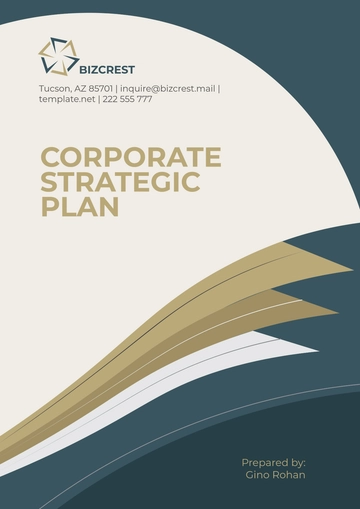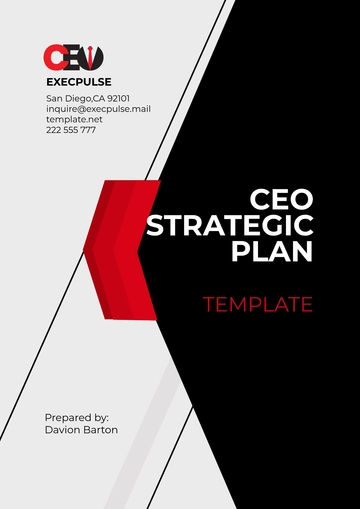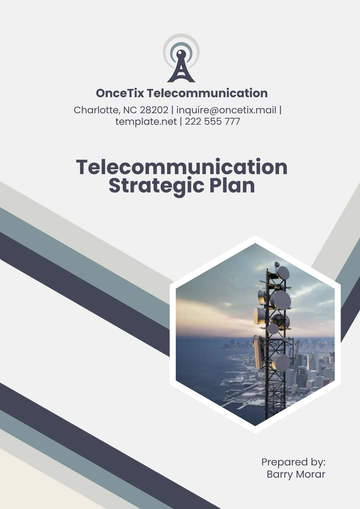Free Professional HR Strategic Plan
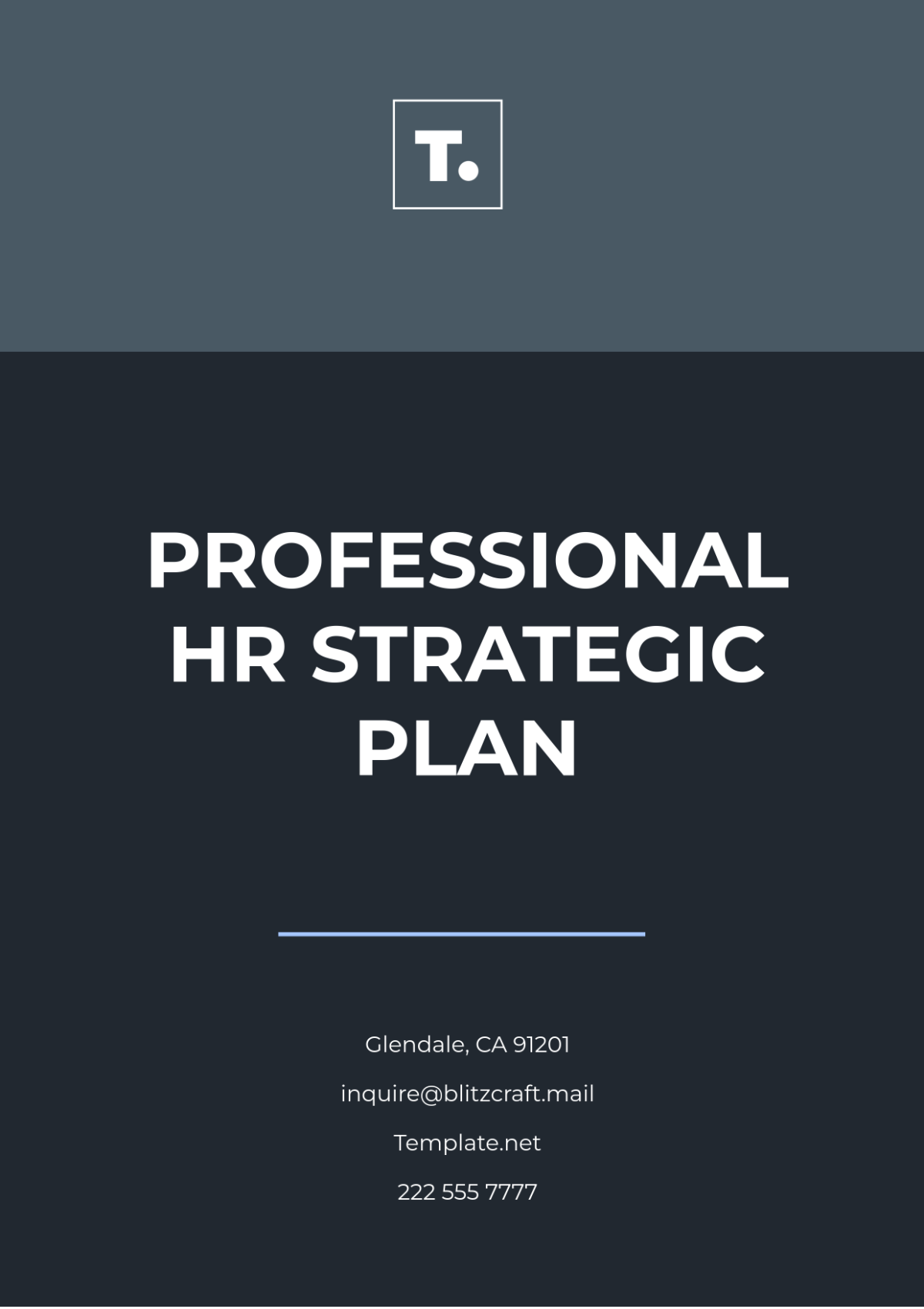
Prepared by: [Your Name]
Company: [Your Company Name]
Date: November 15, 2050
I. Executive Summary
The Professional HR Strategic Plan for [Your Company Name] is designed to align the human resources function with our organization's overarching mission and long-term business objectives. This plan outlines a comprehensive approach to workforce planning, talent management, employee development, performance management, and retention strategies. By embracing innovative HR practices and technology, we aim to support our organization's growth in an increasingly competitive landscape, enhancing overall productivity and fostering a thriving workplace culture that prepares us for the future.
II. Vision and Mission Statements
A. Vision Statement
To create a dynamic and inclusive workplace environment that not only attracts and nurtures top talent but also empowers our employees to drive innovation and deliver exceptional results. Our vision is to be recognized as a leader in workforce transformation by the year 2055, utilizing advanced technologies and progressive HR practices.
B. Mission Statement
Our mission is to cultivate a culture of excellence and agility by providing strategic HR support, fostering employee engagement, and promoting continuous professional growth and development. We are committed to leveraging data-driven insights and employee feedback to shape a future-ready workforce that can adapt to the evolving demands of our industry.
III. SWOT Analysis
A. Strengths
Strong Organizational Culture: Our collaborative environment encourages open communication and teamwork, leading to high employee morale and satisfaction.
Comprehensive Training Programs: We offer extensive training and development opportunities, including virtual reality (VR) simulations and AI-driven learning platforms, tailored to individual career paths.
Robust Talent Acquisition Strategies: Utilizing predictive analytics, we identify potential candidates who align with our values and organizational needs, streamlining the recruitment process.
B. Weaknesses
Limited Budget for HR Initiatives: As we invest in new technologies, our HR budget requires careful management to ensure resources are allocated effectively.
Higher Turnover Rates in Certain Departments: We have identified specific teams with higher turnover, indicating the need for targeted retention strategies and support systems.
Need for Updated HR Technologies: While we have made strides in technology adoption, further updates are needed to keep pace with industry standards and employee expectations.
C. Opportunities
Emerging Markets for Talent Acquisition: As remote work becomes more prevalent, we have the opportunity to tap into a global talent pool, enhancing diversity and innovation within our teams.
Technological Advancements in HR Systems: The integration of artificial intelligence and machine learning in HR processes can streamline recruitment, performance evaluation, and employee engagement strategies.
Growing Emphasis on Diversity and Inclusion: With societal shifts toward greater equity, we can enhance our initiatives focused on building a diverse workforce and inclusive workplace culture.
D. Threats
Increased Competition for Top Talent: As more companies adopt remote and flexible work policies, the competition for skilled employees intensifies.
Economic Uncertainties Impacting Recruitment: Fluctuations in the global economy may affect hiring practices and employee retention, necessitating adaptive strategies.
Rapid Changes in Employment Laws and Regulations: Staying compliant with evolving labor laws and regulations poses a continuous challenge for HR professionals.
IV. Goals and Objectives
Goal | Objectives |
|---|---|
Enhance Talent Acquisition |
|
Improve Employee Development |
|
Foster Employee Well-being |
|
V. Strategies and Action Plans
A. Workforce Planning
Conduct regular workforce assessments using advanced analytics to identify skills gaps and forecast future HR needs based on business growth projections. We will develop a five-year workforce plan that aligns with our strategic vision for 2055.
B. Talent Acquisition
Leverage social media, employee referrals, and partnerships with educational institutions to enhance recruitment efforts. Utilize virtual job fairs and AI-based screening tools to streamline the selection process and ensure a diverse candidate pool.
C. Employee Development
Introduce comprehensive training modules addressing skill development, leadership, and career progression. Implement personalized development plans that incorporate employee aspirations and organizational goals, ensuring a clear path for growth.
D. Performance Management
Redesign the performance appraisal process to emphasize continuous feedback and employee recognition. Implement a 360-degree feedback mechanism to foster a culture of constructive criticism and collaborative improvement.
E. Retention Strategies
Enhance employee engagement through wellness programs, flexible work arrangements, and career development opportunities. Create an employee resource group (ERG) framework to promote networking and support among diverse employee communities.
VI. Metrics and Evaluation
Implement a balanced scorecard approach to measure HR performance, using metrics such as employee turnover rate, employee satisfaction index, training ROI, and diversity hiring metrics. Establish quarterly reviews to assess progress against objectives and adjust strategies as necessary.
VII. Budget and Resource Allocation
Allocate resources strategically to support HR initiatives, including updates to HR technology systems and expansion of training programs. We will seek additional funding for innovative HR projects through business case presentations to executive leadership.
VIII. Conclusion
This HR Strategic Plan provides a comprehensive framework to enhance our organization's HR processes and align them with our broader business objectives. By focusing on strategic HR management and embracing technological advancements, we aim to create a productive and dynamic workplace that ensures sustained growth and success well into the future. Our commitment to excellence, inclusivity, and innovation will position [Your Company Name] as a leader in workforce development, setting the standard for others in the industry by 2055 and beyond.
- 100% Customizable, free editor
- Access 1 Million+ Templates, photo’s & graphics
- Download or share as a template
- Click and replace photos, graphics, text, backgrounds
- Resize, crop, AI write & more
- Access advanced editor
Elevate your human resources initiatives with our Professional HR Strategic Plan Template from Template.net. This fully editable and customizable template helps you outline your HR objectives, from recruitment to employee development. Using our AI Editor Tool, you can personalize every section to fit your organization's HR needs and goals. Whether you’re planning workforce expansion or improving employee engagement, this template provides a solid foundation for developing an effective HR strategy.
